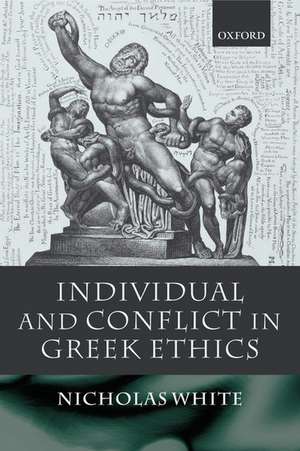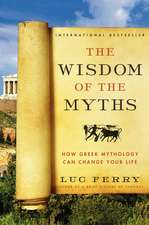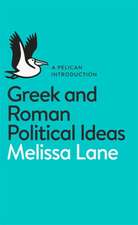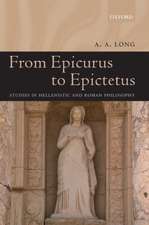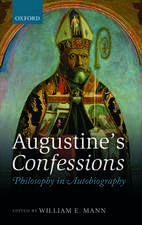Individual and Conflict in Greek Ethics
Autor Nicholas Whiteen Limba Engleză Paperback – 2 dec 2004
| Toate formatele și edițiile | Preț | Express |
|---|---|---|
| Paperback (1) | 330.47 lei 32-37 zile | |
| OUP OXFORD – 2 dec 2004 | 330.47 lei 32-37 zile | |
| Hardback (1) | 531.31 lei 32-37 zile | |
| OUP OXFORD – 13 iun 2002 | 531.31 lei 32-37 zile |
Preț: 330.47 lei
Preț vechi: 401.54 lei
-18% Nou
Puncte Express: 496
Preț estimativ în valută:
63.24€ • 65.89$ • 52.36£
63.24€ • 65.89$ • 52.36£
Carte tipărită la comandă
Livrare economică 24-29 martie
Preluare comenzi: 021 569.72.76
Specificații
ISBN-13: 9780199275427
ISBN-10: 0199275424
Pagini: 388
Dimensiuni: 155 x 234 x 22 mm
Greutate: 0.6 kg
Editura: OUP OXFORD
Colecția OUP Oxford
Locul publicării:Oxford, United Kingdom
ISBN-10: 0199275424
Pagini: 388
Dimensiuni: 155 x 234 x 22 mm
Greutate: 0.6 kg
Editura: OUP OXFORD
Colecția OUP Oxford
Locul publicării:Oxford, United Kingdom
Recenzii
A stimulating...wide-ranging, often challenging and always thoughtful study.
Notă biografică
Nicholas White is Professor of Philosophy at the University of California at Irvine.
